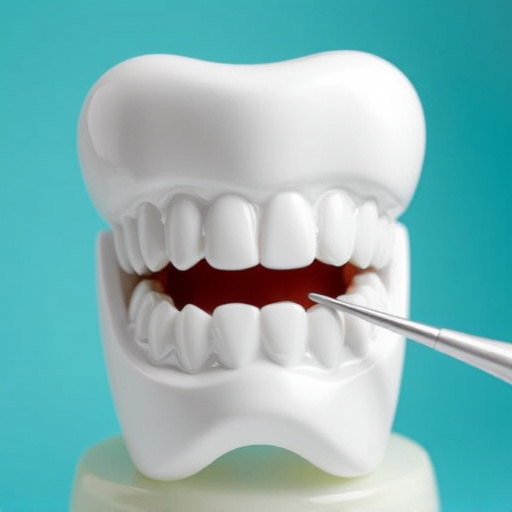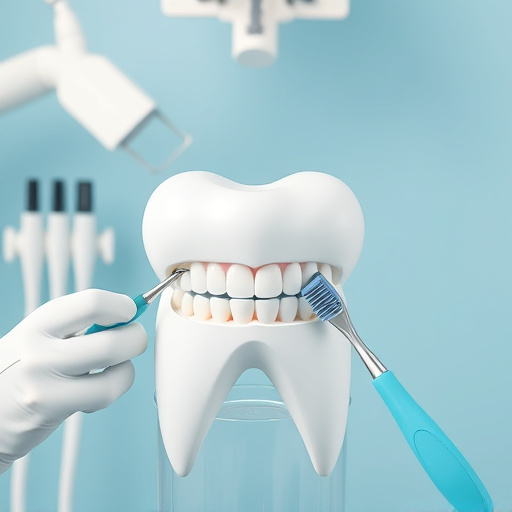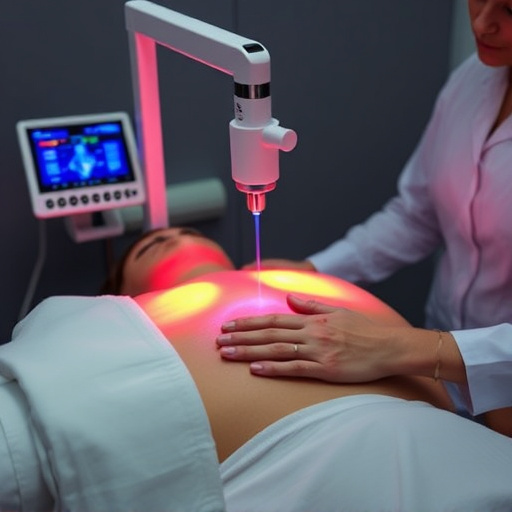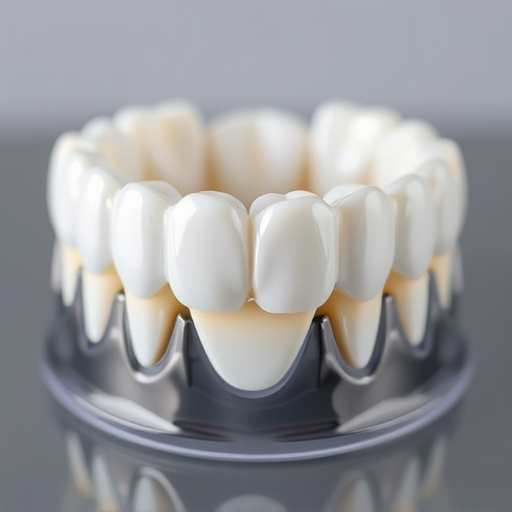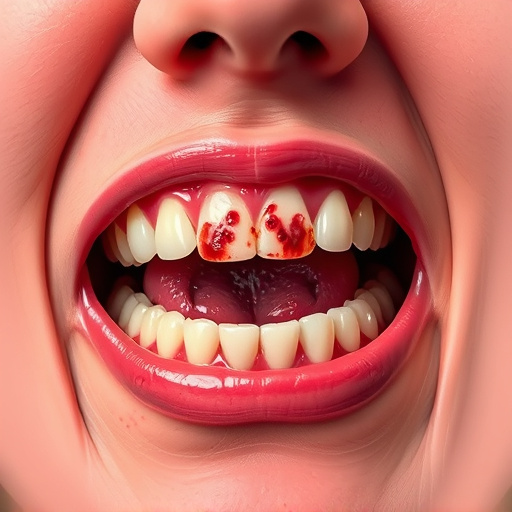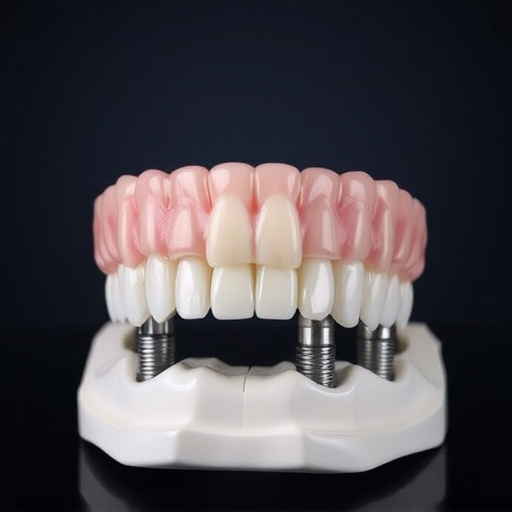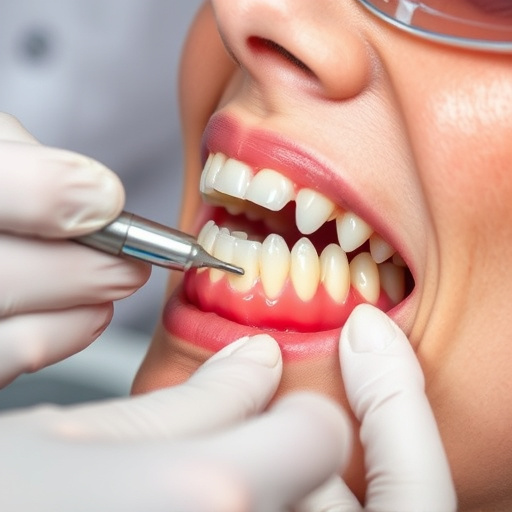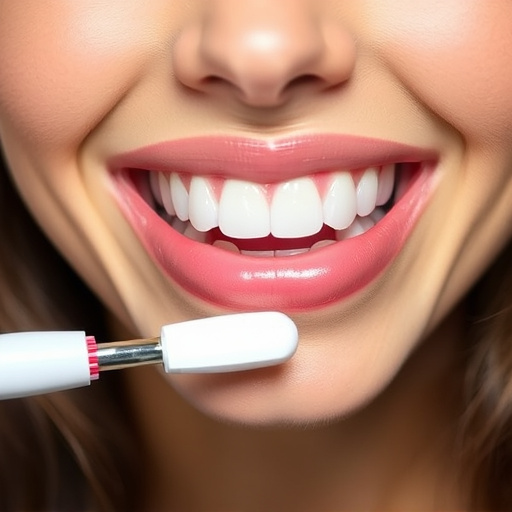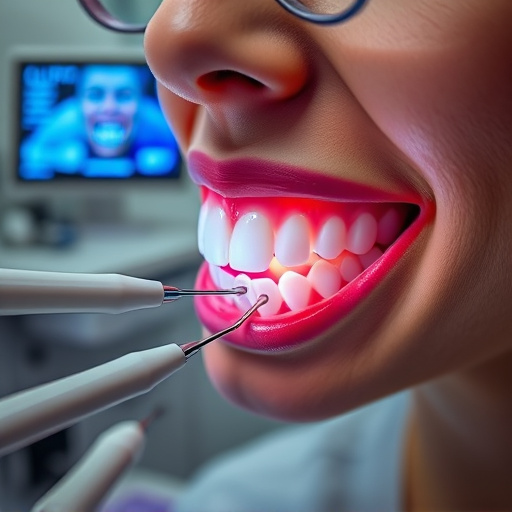Handicap accessible dental care trains teams to cater to diverse patient needs, ensuring dignified and tailored oral health services. By assessing individual requirements, providing specialized training and equipment, and adopting inclusive mindsets, practices break down barriers and empower individuals with special needs to access comprehensive care promoting overall well-being.
In today’s inclusive world, ensuring every patient receives quality dental care is paramount. This is especially true for individuals with special needs who often face unique challenges navigating healthcare. Handicap accessible dental teams are transforming oral health services, implementing specialized training and adaptive techniques to cater to diverse requirements. By creating an inclusive environment, these teams improve access to care, enhance patient comfort, and ultimately, contribute to better oral health outcomes for all.
- Training Dental Teams for Special Needs Patients
- Creating an Inclusive Environment in Dentistry
- The Impact of Handicap Accessible Care on Oral Health
Training Dental Teams for Special Needs Patients
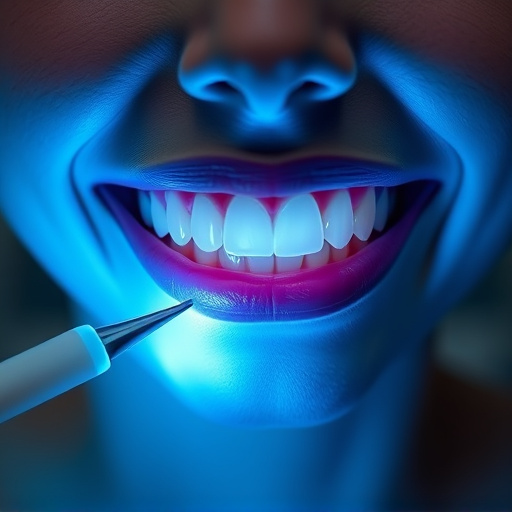
In the realm of handicap accessible dental care, training teams to cater to special needs patients is a game-changer. Many dental practices are now recognizing the importance of equipping their staff with the skills to provide compassionate and effective treatment for individuals with diverse abilities. This involves not just physical accessibility modifications but also extensive training in communication, behavior management, and specialized procedures. By embracing these practices, handicap accessible dental teams can ensure every patient receives dignified, comfortable, and thorough care tailored to their unique requirements.
The process often begins with an in-depth assessment of the patient’s needs, followed by personalized training sessions for the dental team. This might include learning about adaptive equipment for chairs and tools, as well as techniques for handling sensory sensitivities or communication barriers. Additionally, these teams are trained in various treatment modalities, such as clear aligners for aesthetic and functional improvements, restorative dentistry to address decay or damage, and preventive dentistry to maintain oral health over the long term.
Creating an Inclusive Environment in Dentistry
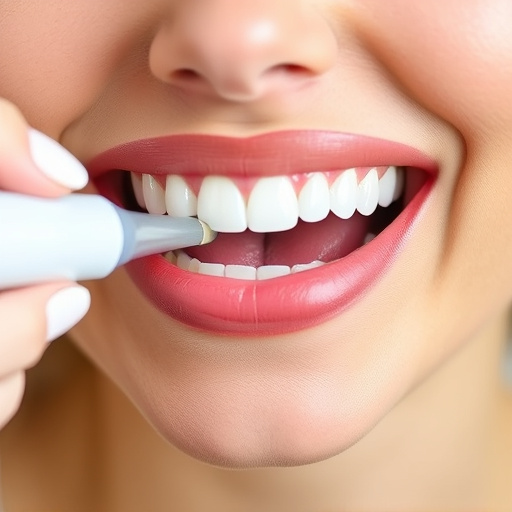
Creating an inclusive environment in dentistry is a necessary step to ensure that everyone, regardless of their abilities, can access quality oral health care. Handicap accessible dental practices go beyond physical modifications; they involve training and adopting an inclusive mindset among the entire team. This means educating staff on how to communicate effectively with patients with special needs, providing specialized equipment for various disabilities, and tailoring treatment plans accordingly. By embracing these practices, dental clinics can foster a welcoming atmosphere where every patient feels valued and respected.
The goal is not just to meet accessibility standards but to offer comprehensive dental care that caters to diverse requirements. From accommodating patients with physical limitations to understanding the unique needs of those with developmental disabilities, handicap accessible dental teams are equipped to deliver restorative dentistry services, including dental crowns and other procedures, in a comfortable and reassuring manner. This inclusive approach ensures that no one is left behind when it comes to maintaining optimal oral health.
The Impact of Handicap Accessible Care on Oral Health
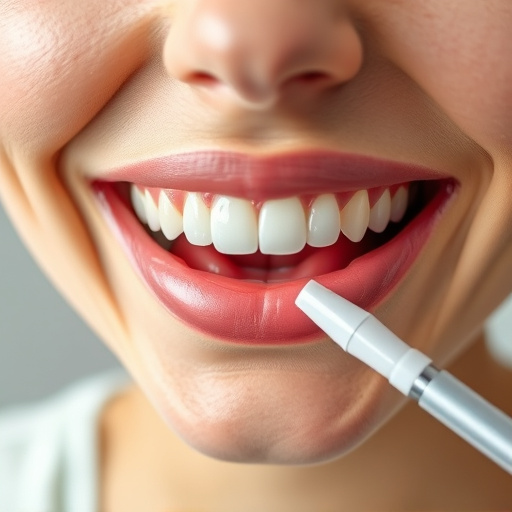
Handicap accessible dental care is transforming oral health for individuals with special needs. By ensuring that dental teams are trained to cater to diverse abilities, we’re breaking down barriers that have historically made routine check-ups and treatments overwhelming or even impossible for many. This shift towards inclusivity isn’t just about fulfilling a need; it’s a fundamental right. Every person, regardless of their physical or cognitive abilities, deserves access to quality dental care that promotes preventive dentistry, cosmetic enhancements, and restorative procedures.
The benefits extend far beyond individual patients. By making dental services handicap accessible, we’re fostering an environment where oral health becomes a manageable part of daily life for all. This proactive approach not only improves overall well-being but also empowers individuals with special needs to participate more fully in their communities. It’s a step towards creating a more equitable society where everyone has the chance to smile with confidence.
Handicap accessible dental care is not just a service; it’s a vital step towards ensuring everyone has equal access to oral health. By training dental teams to cater to special needs patients and creating inclusive environments, we significantly improve patient experiences and outcomes. This approach, focused on both the physical and emotional aspects of care, underscores the importance of handicap accessible dentistry in our communities, ultimately fostering a healthier and more inclusive society.

